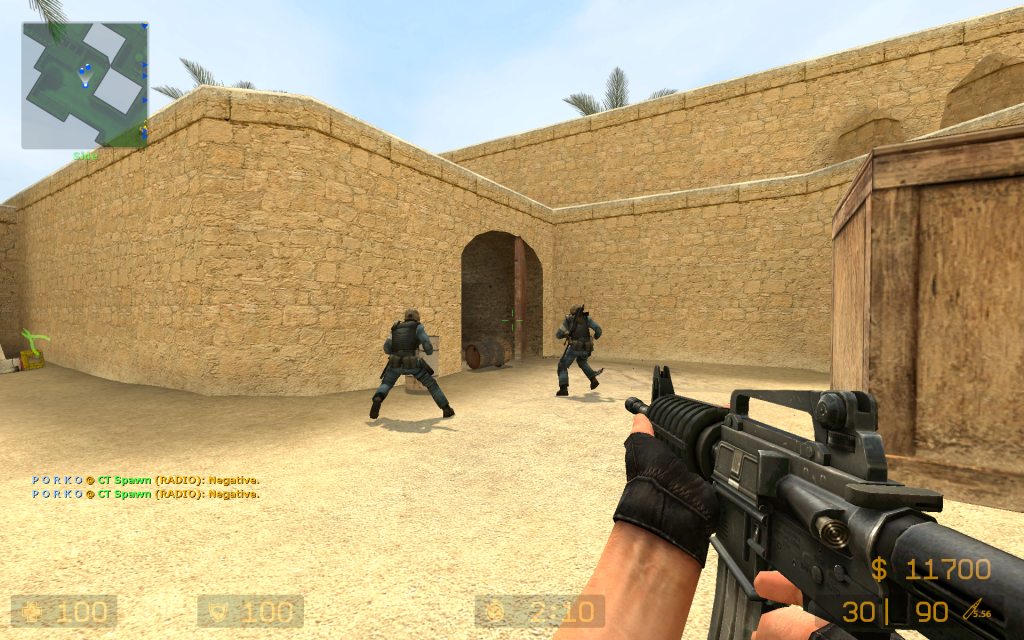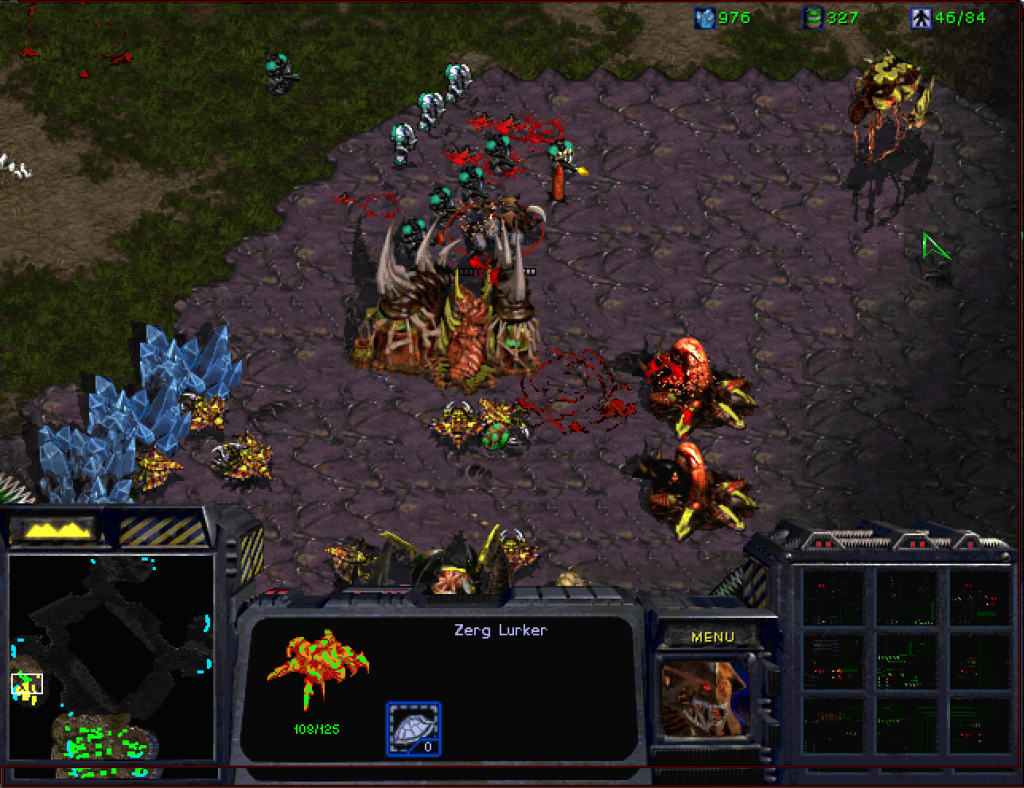Short version: Playing video games has been a formative experience for me, which makes it a complicated topic to write about. Also: I ran a marathon this week.
Long version:
Introduction:
I have spent hundred of hours immersed in virtual worlds, which is a fairly common but not universal experience. More recently I have not been playing games at all. It was only on trying to write this that I realised this fairly radical shift has been largely unexamined by me.
This post started from a dinner conversation where I found myself in an extended monologue trying to convey the variety of experiences accessible through video games to friends who were unfamiliar. These past weeks I’ve discovered the sheer volume of ideas I’d like to share about video games, and so I suspect this will be a topic I will need to revisit. The History of Video Games wikipedia page is over 16,000 words and barely mentions a specific title.
What are video games?
An attempt at definition would be a good place to start. Format seems the most obvious identifying feature: video games are games which, in some way, involve interaction with electronically generated video. In a world where powerful handheld computers are ubiquitous, I assume most people have had some interaction with video games. It is a broad category, with a range of experiences from digital versions of traditional board games and card games to much more complex virtual worlds.
Why I find it so hard to write about video games:
Ultimately, I struggle to feel my writing does justice to the complexity of the experience of playing video games. I tried formally studying video games by taking a course during my undergraduate years. It was helpful, but it was also ultimately unsatisfying. A large part of this were flaws in my attitude, an undeserved intellectual arrogance I have yet to fully overcome. Still, I feel that a stigma associated with video games as a form of art is that they are simplistic, culturally insignificant in the same way as popular children’s fiction might be. This conflicts with my personal experience with video games as being emotionally and artistically significant.
Why I play video games:
Stimulation
From the rapid flashing of a classic arcade game to the cinematography of a more plot driven experience, video games captivate. Most obviously this is observed in the iphone becoming a pocket sized babysitter to modern parents. Video games hold attention, and particularly fast paced shooters and platformers provide excitement and speed.
Puzzles, Strategy, and Problem Solving
Strategy games like Civilisation, Total War, and Age of Empires fill the gap between chess and history, asking players to take control of armies, factions, or even nations. Games like Portal provide more fast paced puzzle solving from a first person perspective. Overall these games give a more cerebral satisfaction: you feel smart when you win.
Narrative
Later editions of games like Final Fantasy have been accused of containing more non-interactive video than actual gameplay. Games like Bioware’s Mass Effect and Dragon Age contain dozens of hours of voice acting. While role playing games are designed to tell a story, some first person shooters such as Bioshock Infinite and Half Life have also elicited strong emotions.
Escapism, Perfectionism, Rules
Beyond these, video games provide worlds to lose yourself in. While a book or a TV show often leaves the audience dreaming about an alternate universe, it does not fully immerse you in the same way as a video game can. Dangerously, it is possible to play a game perfectly. Ultimately these worlds are constructed, and save points and the limits of the medium make perfection possible in a game in a way it cannot be in reality. This is perhaps the distinction between the virtual and the real that I have most struggled with.
Some things I want to share about gaming other than games:
The Smash Brothers Documentary: a 4 hour insight into the competitive community around the Nintendo game Super Smash Bros. Melee.
ASU English Professor James Paul Gee talks about video games and a theory of learning.
There Will Be Brawl, a gritty film noir series based in the Super Smash Bros universe.
Pure Pwnage a mocumentary about gaming with plenty of truth.
Some significant video games:
Starcraft: a real time strategy game, hugely influential in esports, notably being broadcast on television in South Korea to millions of fans.
Star Wars: Knights of the Old Republic: A highly acclaimed role playing game.
Counter-Strike: an extremely popular first person shooter.
Also this list of games ‘included on at least six separate “best/greatest of all time” lists’.



